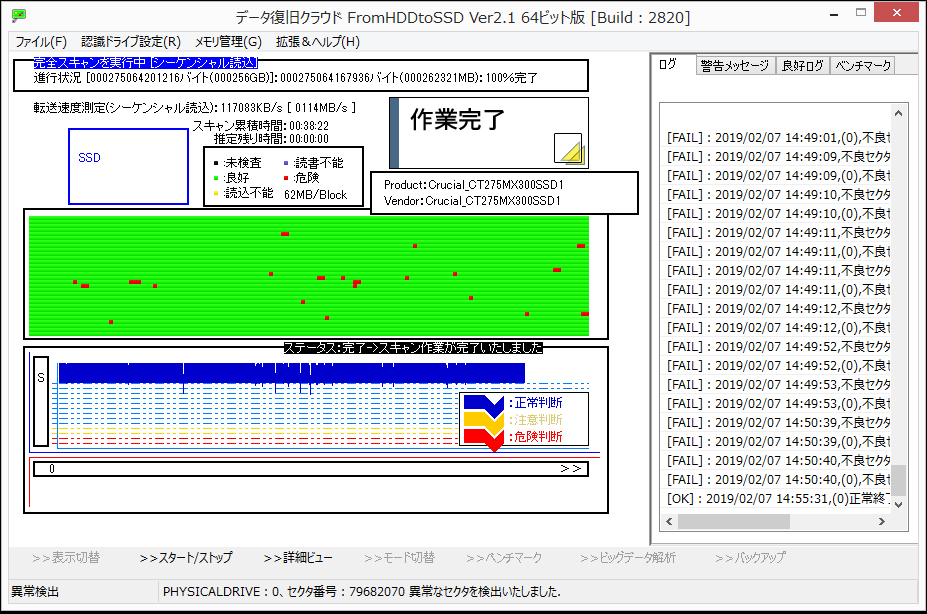Then, this is a countermeasure for standard but insecure transactions.

The explanation of standard but insecure transactions.
Classification of Transaction Types and the Limits of AI-Based ValidationWhen a transaction occurs, its characteristics ...
🔐 Countermeasure Against “Standard but Insecure” Transactions
There exists one definitive method to ensure your coins can never be used in a transaction that might be classified as “standard but insecure.” If you store your coins using this method, they will remain cryptographically insulated from such risks.
✅ Procedure
- Generate a Fresh, Unused Address
Use the following RPC command to obtain a brand-new address:getnewaddress
This ensures the address has never appeared on the blockchain before and is not reused. - Verify Address Has No History
Copy the generated address and paste it into a reputable blockchain explorer.
Confirm that:- It returns “no results” or “not found”
- There are zero associated transactions
- Transfer Your Entire Balance to the New Address
- Send the full amount (minus transaction fee) to this address.
- Do not split or consolidate coins afterward.
- Treat the destination as a long-term cold storage vault.
- Store the Address and Key Securely
Ensure you back up the associated private key or seed securely, preferably offline (e.g., air-gapped hardware, paper wallet, encrypted USB, etc.).
🔐 Why This Works
By using a freshly generated address with no prior history, and consolidating your coins in a single unspent output (UTXO), you:
- Avoid non-standard or non-deterministic script types
- Prevent partial-spend scenarios which may lead to mixed input transactions
- Make it mathematically impossible to be included in any “standard but insecure” transaction patterns
This is the strongest defense against structural transaction weaknesses stemming from outdated wallet software, reused addresses, or flawed UTXO selection logic.



